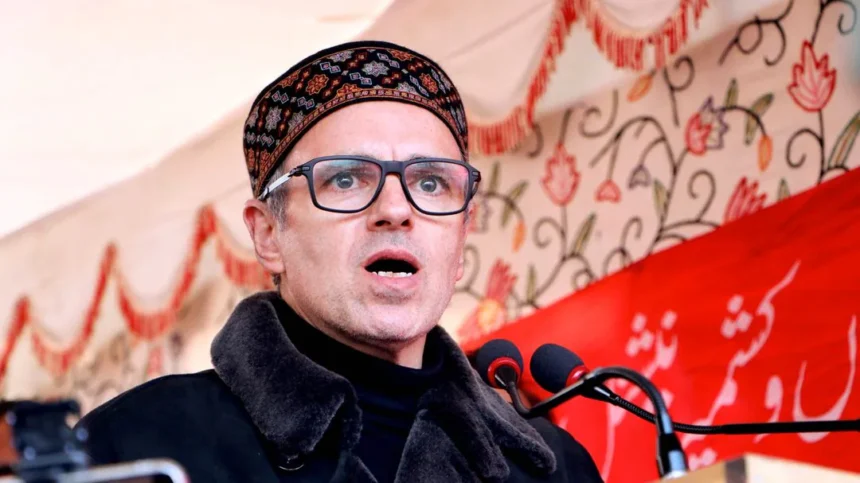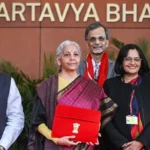Srinagar, April 27: Jammu and Kashmir Chief Minister Omar Abdullah on Saturday brushed aside Pakistan Prime Minister Shehbaz Sharif’s remarks on the Pahalgam terror attack, saying he did not wish to attach much significance to statements coming from Islamabad.
Omar Abdullah criticised Pakistan for first denying the incident and then trying to blame India, calling the attack “unfortunate” and stressing that such tragedies must never occur.
“Initially, they didn’t even acknowledge that an incident took place in Pahalgam. They went on to allege that India was behind it,” the J&K CM said.
“For those who made such allegations against us initially, it’s difficult to take their words seriously now. I don’t want to give much importance to their statements. What happened was extremely unfortunate, and incidents like this should not happen,” he added.
Meanwhile, Pakistan Prime Minister Shehbaz Sharif, under increasing international pressure, expressed Islamabad’s willingness to cooperate in a “neutral, transparent, and credible” investigation into the Pahalgam attack, Dawn reported.
Addressing a passing-out parade at the Pakistan Military Academy in Kakul, Khyber Pakhtunkhwa, Sharif said, “As a responsible country, Pakistan is open to participating in any neutral, transparent and credible investigation.”
Calling Pakistan the “world’s frontline state against terrorism,” Sharif claimed that the country has borne immense losses, citing 90,000 casualties and economic damages exceeding USD 600 billion.
Adding to the controversy, Pakistan’s Defence Minister Khwaja Asif recently admitted in a viral interview with Sky News that Pakistan had funded and backed terrorist organisations in the past.
Responding to a pointed question by journalist Yalda Hakim, Asif said, “We have been doing this dirty work for the United States and the West, including Britain, for about three decades. It was a mistake, and we suffered greatly because of it. Had we not participated in the wars against the Soviet Union and post-9/11 conflicts, Pakistan’s record would have remained unimpeachable.”
In the same interview, the Pakistani Defence Minister also warned of an “all-out war” with India.
Following the Pahalgam attack that killed 26 people, India announced several diplomatic measures: closure of the Integrated Check Post (ICP) at Attari, suspension of the SAARC Visa Exemption Scheme (SVES) for Pakistani nationals—giving them 40 hours to leave—and a reduction in diplomatic staff at both High Commissions.
Additionally, India suspended the Indus Waters Treaty signed in 1960 in protest against the attack.
Prime Minister Narendra Modi, reacting strongly, assured the nation that the perpetrators and conspirators behind the attack would face severe retribution.
“The time has come to dismantle the remaining terror strongholds,” PM Modi declared, emphasizing that the collective resolve of 140 crore Indians would decisively crush the forces of terror.









